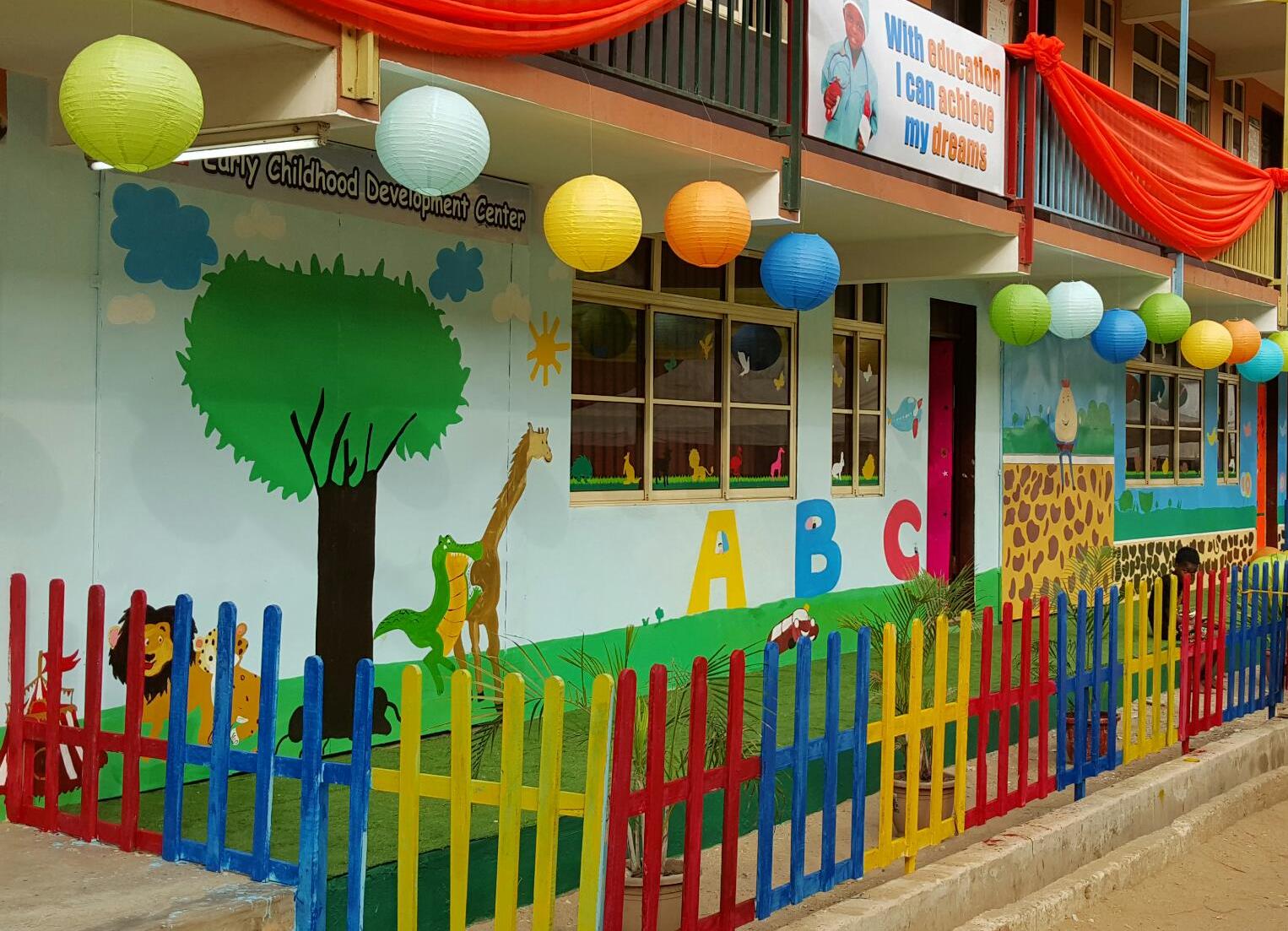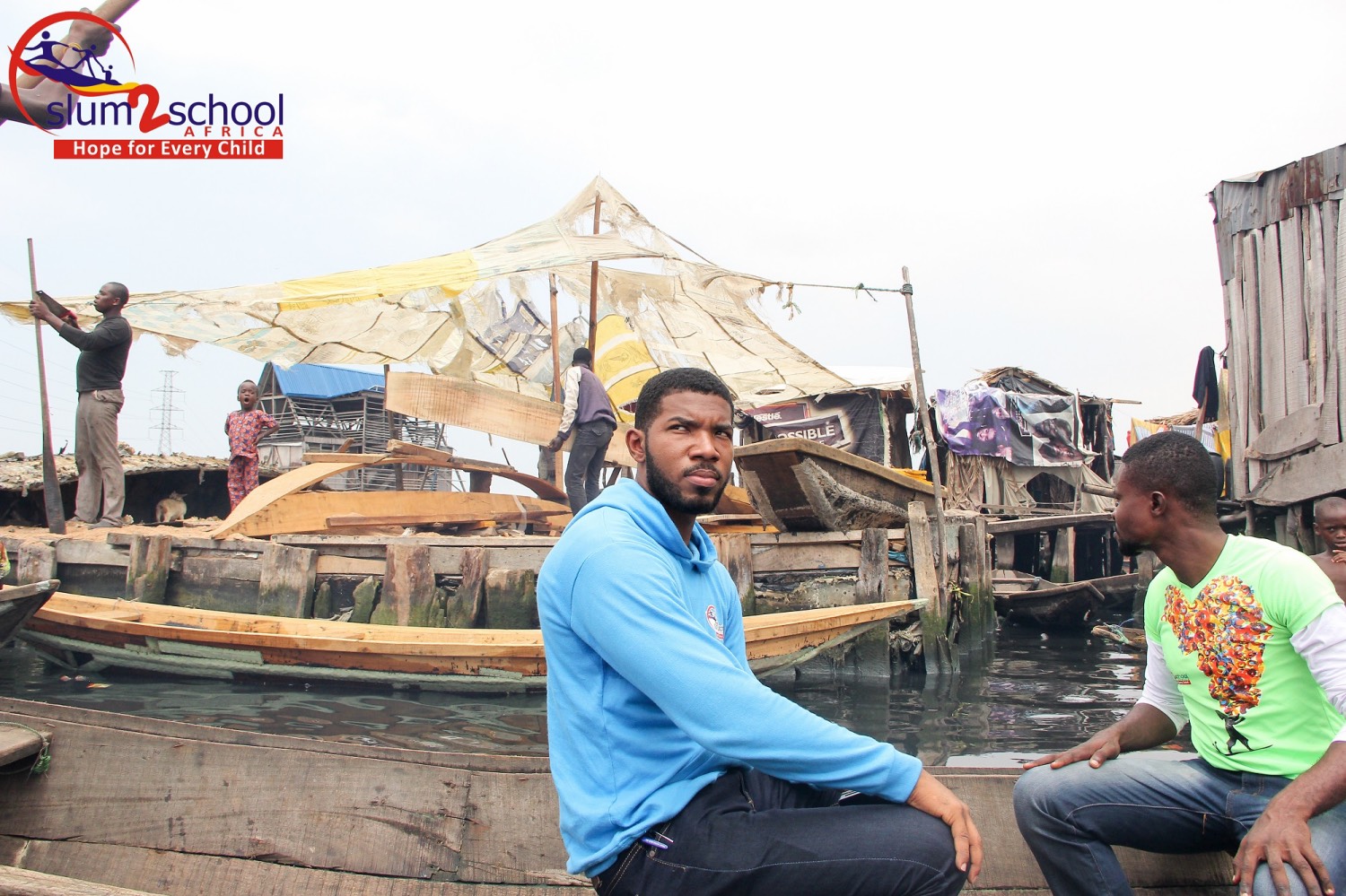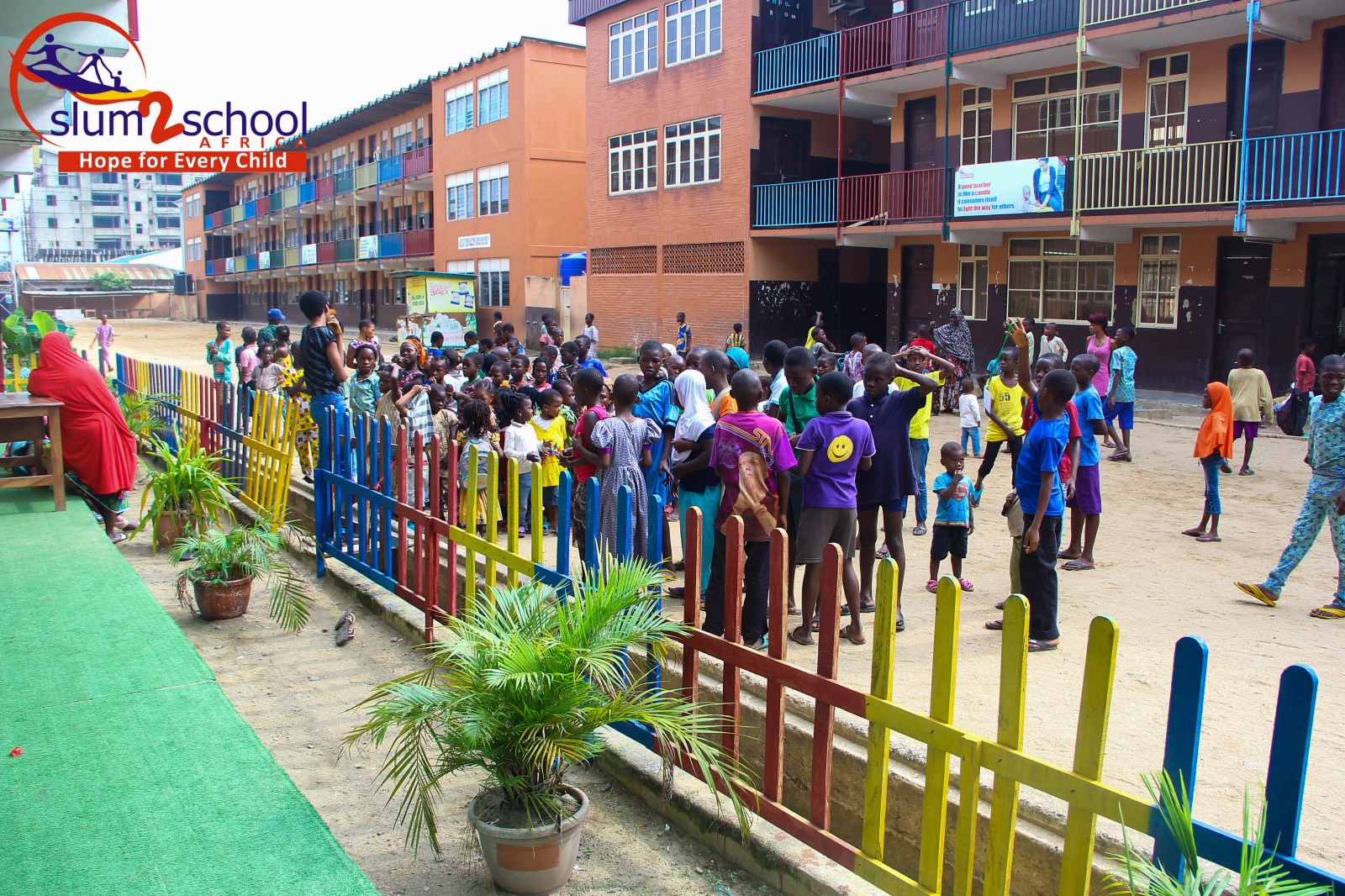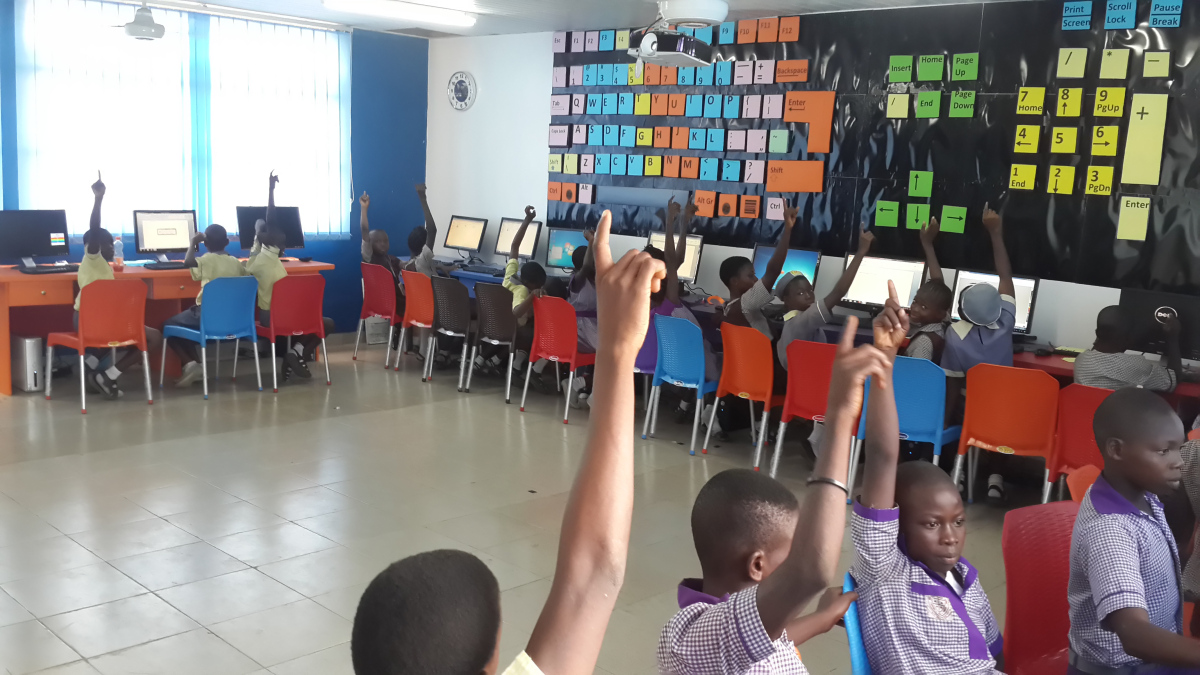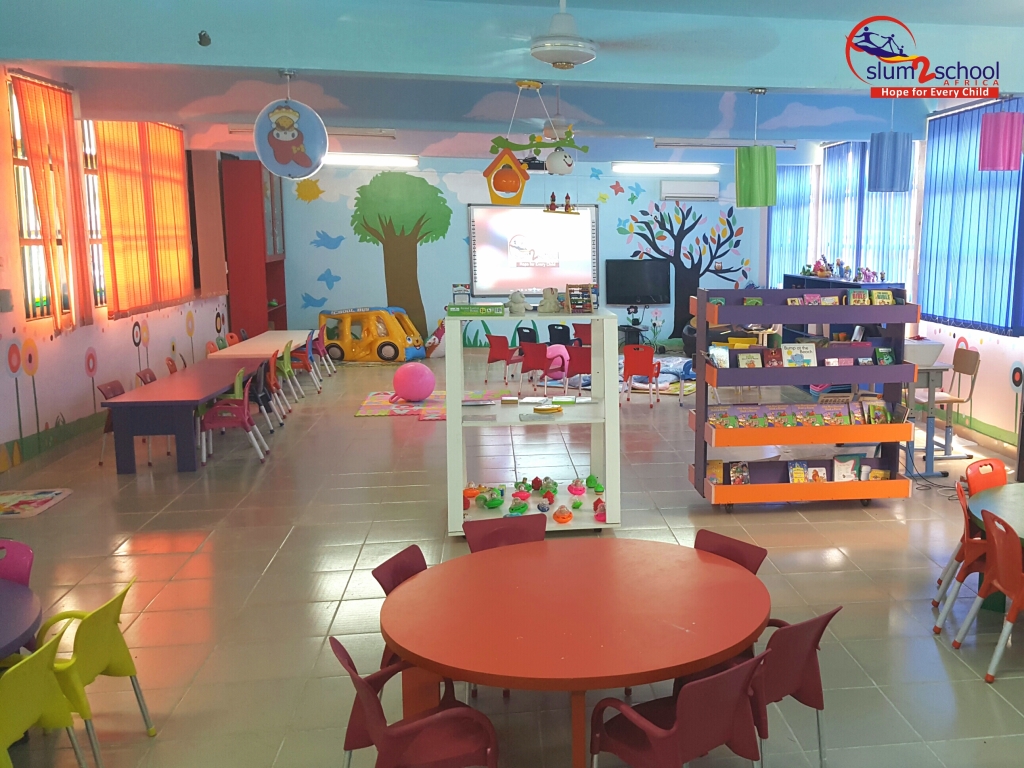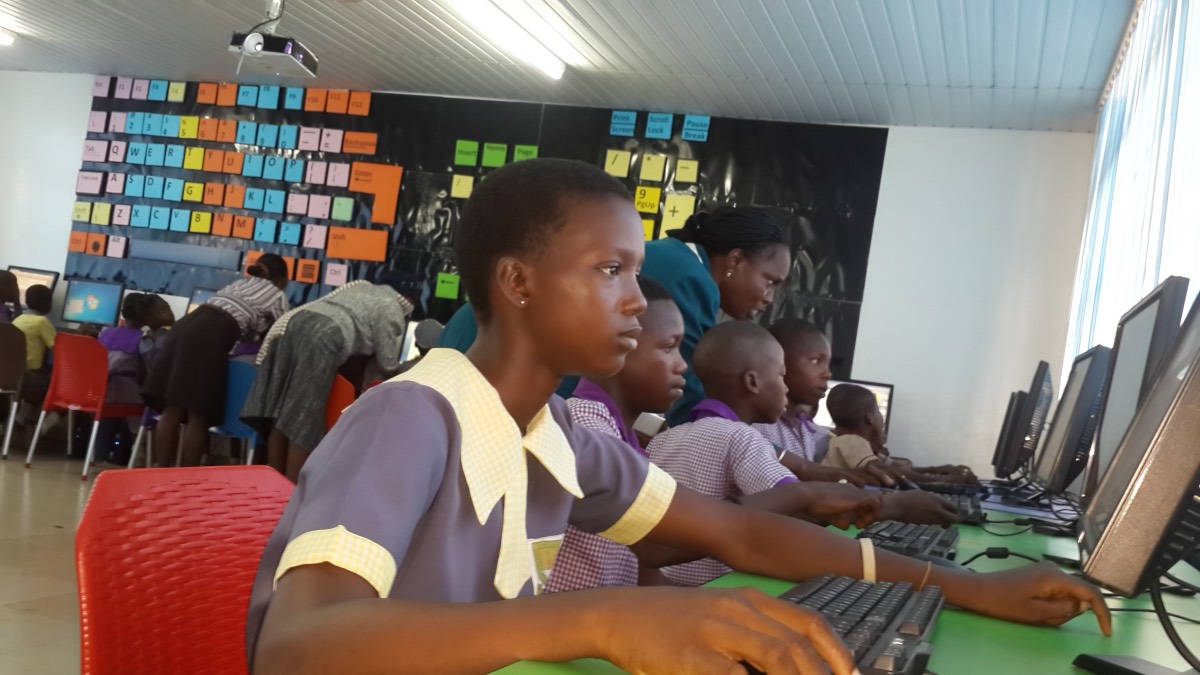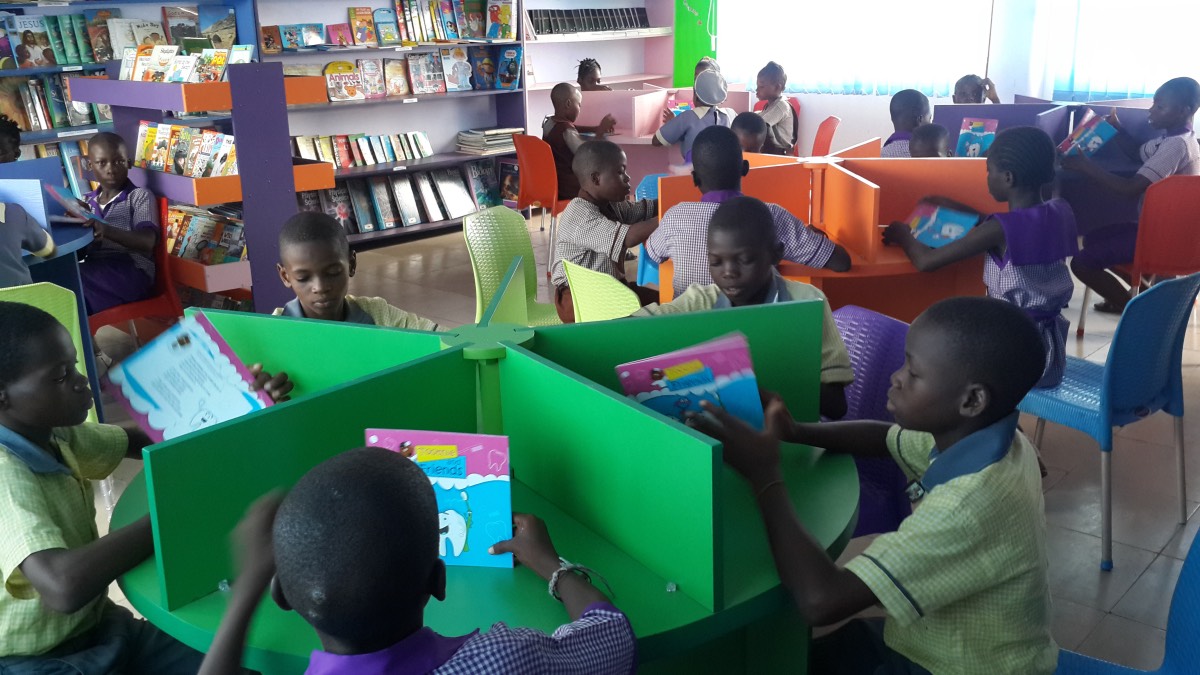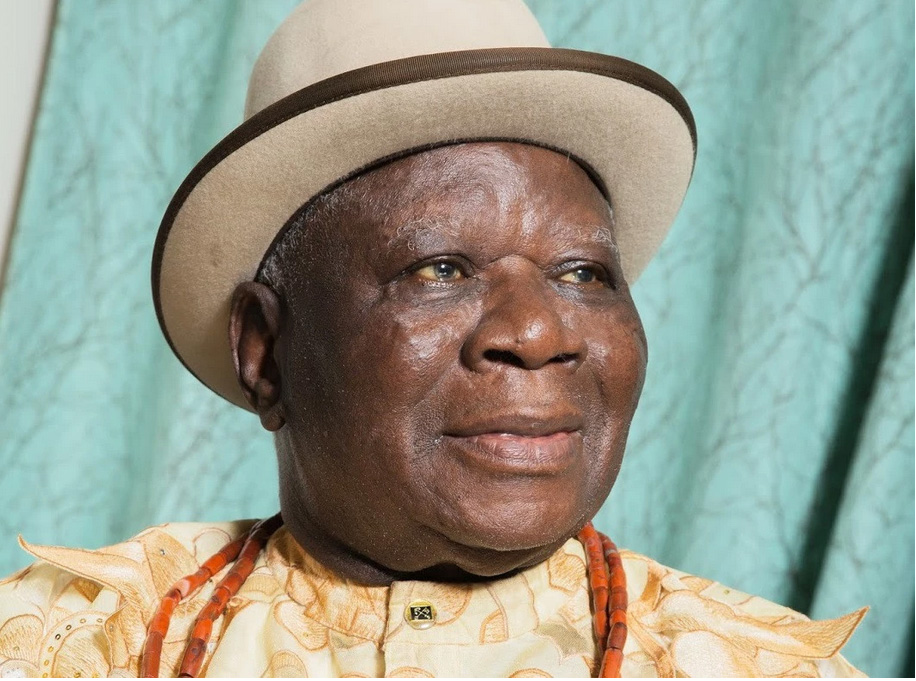[dropcap]I[/dropcap]n Nigeria, 10.5 million children are out of school. Those who live in slums are at greater risk of worse than growing up uneducated. A non-profit, social development organization is solving the problem by taking education to their doorstep.
In Makoko, children row canoes.
Likely between four to nine years old, they sit in twos at either narrow end of the wooden car. Sometimes, a child rows alone. They are swallowed by the canoe’s frame. From a distance and with the help of my poor eyesight, the children are barely visible as they move across the water.
They do not row for sport.
They are running errands and selling goods for their parents within their riverine community, a land and water mass that was founded as a fishing village in the 19th century but has now become a slum as a result of a spike in population. When there was no longer space on land, the residents simply created it for themselves on water. There is no verifiable data but it is estimated that the population stands between 85, 840 to 300, 000 people.
According to Orondaam Otto, founder Slum2School Africa (S2S), a social development organization, “To give a rough estimate, there are over 8,000 – 10, 000 kids here that are out of school.” He has been visiting the community weekly for the last five years to carry out his organization’s work which is to empower “disadvantaged children in slums to realize their full potential through the provision of educational scholarships, health support and other psycho-social support.”
Otto Orondaam founded Slum2School in 2012, a year after he graduated from university. He resigned from a bank job to do so. The job was a compulsory posting from the National Youth Service Corps, a 12-month long programme young Nigerian graduates are drafted into, to ‘serve the nation’.
Resigning is illegal.
In the same year he quit his job, Orondaam got 118 kids enrolled into school. He was pardoned.
He had resigned out of frustration. He was tired of seeing negative news about dying, out of school children. After seeing Makoko from Third Mainland Bridge one evening during Lagos’ famous traffic logjams he decided to visit the community.
What he saw and what persists till today is why Slum 2School exists.
“8, 000 – 10, 000 Makoko children out of school”
Orondaam’s statistic is staggering but it is not unlikely. For every adult I see, there are at least three to four children running, playing around. The community, which thrives in timber production, is a maze cluster of small aluminium and wood structures set on stilts inside water or wet, spongy land. If you stretch out both hands in one spot, you can touch two homes. If you turn, spin, you may touch more.
“There can be as many as 11 people living in these small spaces. A man, 2 wives and 8 children,” Orondaam tells me.
Between these suffocated spaces, schools sprout. They are not very good ones but it’s the one parents who deign to send their children to school can afford. They pay N30 ($.10) for admission, daily. I see one as Orondaam and I walk within the cluster. In red paint, the school announces itself, ‘Jesudegbe Primary School. Motto: Education is the movement from darkness to light.’
The school is a rough mass of grey, unpainted bricks. Its walls are completely broken down on one side so you can see the inside from out. The roof has caved in with aluminium sheets and wood on the floor. I do not see desks or chairs.
Soon, Orondaam and I are in a canoe too, taking a ride through Makoko’s busy waterways choked with about fifteen other floating cars. Our canoe is guided by a young boy in his late teens. He does not speak English. Otto converses with his fingers pointing him to the direction we want to go.
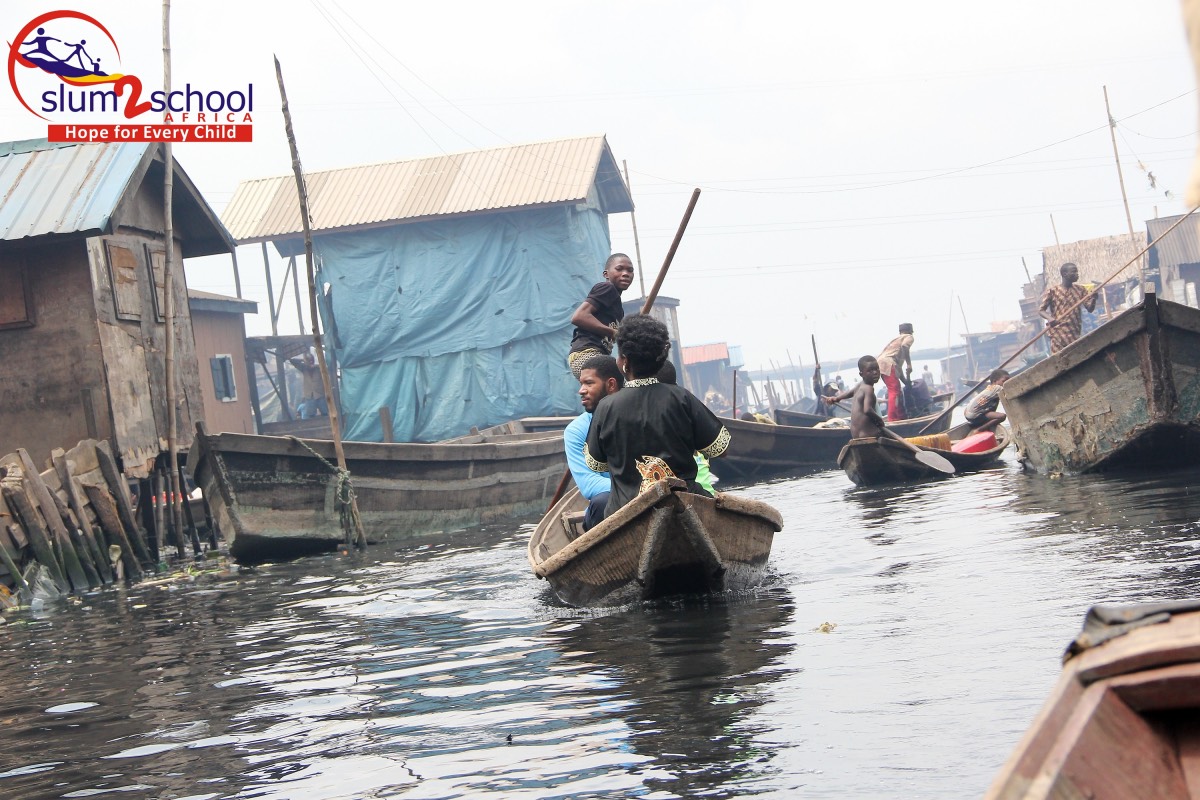
As we move along, some of the younger children wave on seeing Orondaam, and cheerfully call out, “Education!” “Slum 2 School!” Their parents and other adults also join in the greeting. This is their chosen nickname for him.
He waves back, priest-like and asks, “Why are you not in school today? Go now!”
Some kids are on land just off the waterways and sprint off, presumably heeding his instruction. Others are in canoes, still completing the day’s tasks. They smile and nod. They return to navigating. Other kids are bathing, playing in the water. The water is an indecisive green in one part, grey-black in another; all the colour of nothing. The canoes and the children are not its only occupants. It also carries balled up paper, nylon bags, plastic, half-eaten food, deflated balls and dead animals.
More than just a school sponsor
Today is Saturday and the kids typically shouldn’t be in school. However, Slum 2 School has organized a special medical outreach for the kids to identify any previously undetected dental and vision concerns.
Primarily, the organization is known for sponsoring disadvantaged kids into school. On closer inspection, one would discover it does more than that. It is an entirely volunteer-driven organization with an extensive structure that invests in a 360 development of the child. It has over 40 teams that oversee vigilant mentorship of the kids, computer literacy programs, and early childhood development. (for kids between 2 – 7 years old) The teams also teach creative classes and learning, provide guidance and counselling services, medical interventions such as the one happening today. The children have medical insurance and their academic performance is monitored and evaluated regularly. The organization also adopts and upgrades schools in the Makoko area equipping them with the resources they need by way of computers, books and competent teachers.
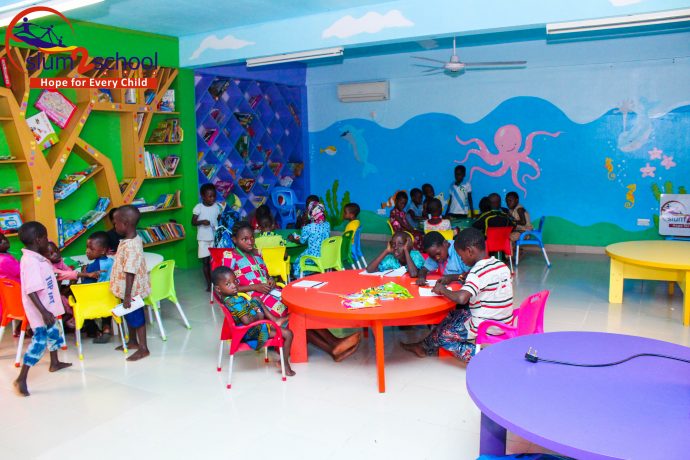
Perhaps the most important of all the things S2S provides is the audacity of hope.
“Before Slum 2 School, I cannot be proud of myself,” says Samuel Iroko, a 16-year old S2S beneficiary. We are in the Early Childhood Development centre to which Otto and I have returned, and where the medical check-ups are taking place. It is a converted classroom in Adekunle Anglican Primary School, a school the organization has adopted and about ten minutes away from the slum.
Samuel is a dark-skinned boy with large eyes. His nose flares as he speaks. He wears a Manchester United jersey and blue shorts. He sits up straight. He does not at all seem uncertain talking to a stranger. He keeps eye contact. He does not blink.
“The primary school I was attending before, I cannot read or write because they don’t use to teach us well. It was Slum2School that enrolled me into a new school. They provide me my school needs like bag, uniform, sandals, textbook,” he continues.
“Before I want to become a doctor but when I go into that school that they don’t used to teach us well, I now thinking that I cannot achieve my dream because I cannot read and write and speak English. And I was seeing some of my mates they could read and write and speak English. When they are talking I can’t talk because they will abuse me. But Slum 2 School give me hope to achieve my dream because I can read and write and speak English.”
Samuel attended his first school – not unlike the one described earlier – for six years before Slum2School came along. If he is conscious about his spoken English, he does not show it. He is now in his first year in Junior Secondary School, a level in which the average age is 11. He still wants to become a doctor.
“I want to treat all sick child in our community…” He pauses.
Not only our community. I want to treat all sick children,” he finishes, assuredly.
There are more stories like Samuel’s.
According to Otto, Slum 2 School has directly enrolled 650 children in schools over four years. Its early childhood development centre is open to all 2 – 7-year-olds in the community. It launched a Computer Development Centre that is used by over 25 schools in the Yaba area, where Makoko is situated.
The retention rate of enrolled children is at 66%.
Little Drops in a Big Ocean
The problem of education nationally remains a disease of disturbing numbers. According to UNICEF, there are over 10.5 million children out of school in Nigeria. This estimation was made in 2014 and this statistic is often repeated verbatim to the day. In this time the North-East, for instance, has come under an increasingly violent wave of insurgency that has seen children kidnapped by terrorist group, Boko Haram and schools shut down.
Presumably ‘10.5 million’ is no longer an accurate measure of the growing problem.
“Our future is threatened. There are over 150 countries whose population is not even 10 million. Let us not look at the statistics as just numbers. Let us remember that each child that makes up the 10.5m is a human resource that can boost the economy,” Orondaam says. He invites me to clairvoyance.
“Imagine an economy with 10.5m graduates who are creating jobs, building businesses, starting enterprises…See the opportunity.”
According to UNICEF, 60% of out of school children are girls. I asked Orondaam if Slum 2 School factors in this imbalance in their work.
“We try to advocate so there’s a change of mindset in families where they don’t think girls have to go school,” He replies.
“We try to ensure that girls are not just monitored but mentored. In these communities, girls as young as 15 get pregnant because there’s no proper mentorship and guidance.”
Sharon Disu, 12, is one of the girls the organization is caring for.
She wears her hair low, very close to her head. I remember we had seen her in the community earlier and Otto had asked her to come to school for the dental and vision check-ups. Hers is not an easily forgettable face. She averts it during the conversation. She looks down a lot. She is now in her final year of a primary school Slum2School enrolled her into. She tells me her favourite subject is English. When her father died, she thought she would not be able to continue her education. Now?
“I want to become a lawyer.”
Nevertheless, she persisted.
Click on any image to enlarge.
Ayodeji Rotinwa is a writer and journalist. Connect with him on LinkedIn.
The opinions expressed in this article are solely those of the author.

